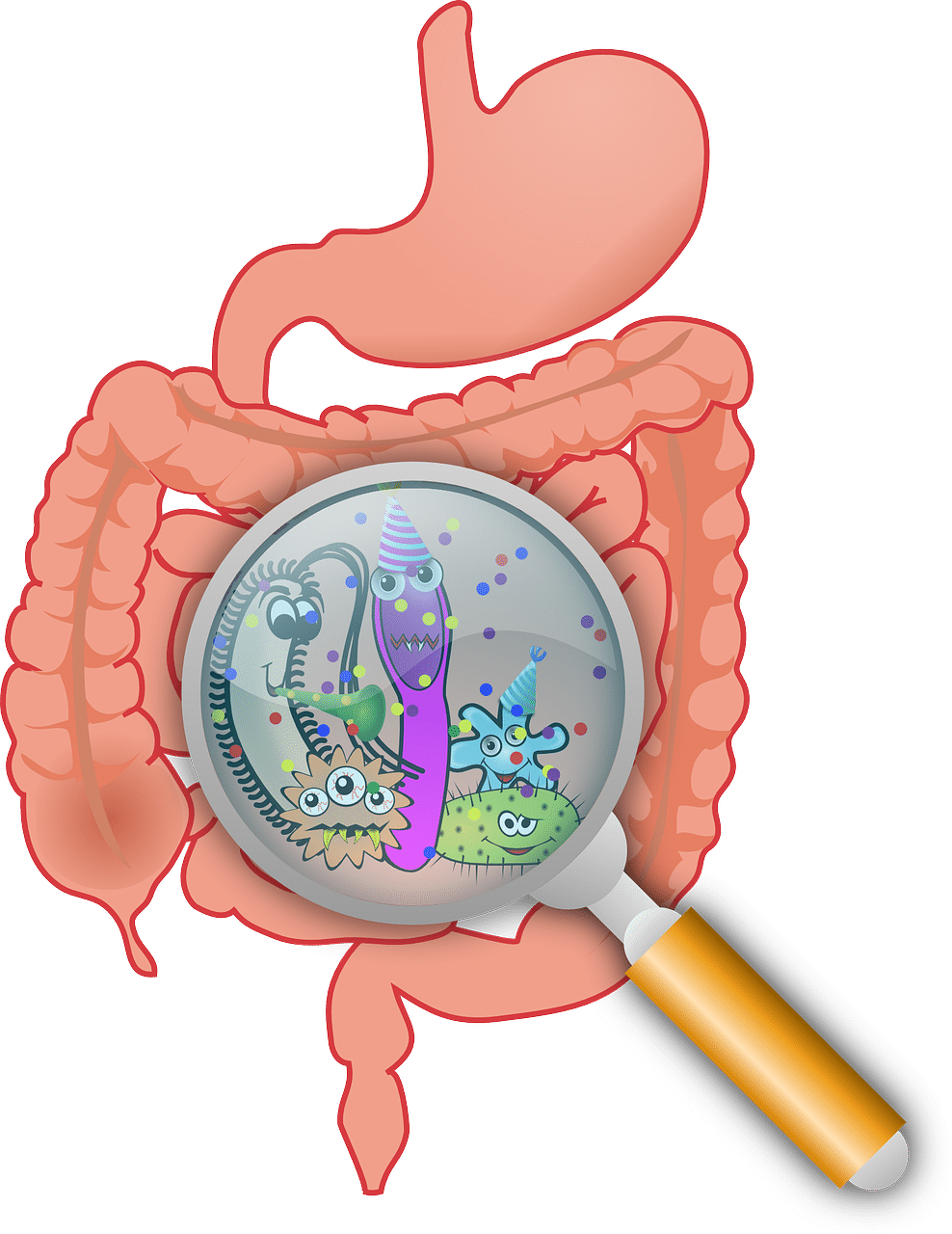
Food as medicine may no longer be a fringe idea.
Contemporary doctors are prescribing foods and diet changes more and more often vs. harsh drugs as the realization that food is the best medicine is becoming more widespread.
Several times a month, you can discover a physician in the aisles of Ralph’s market in Huntington Beach, Calif., using a white coat and helping individuals discover food. One particular day this physician was Daniel Nadeau, wandering the cereal aisle with Allison Scott, giving her some ideas on the best ways to feed kids who studiously avoid anything that tastes healthy.
” Have you considered attempting smoothies in the early morning?” he asks her. “The frozen blueberries and raspberries are a little more affordable, and berries are great for the brain.”
Scott is pleased to obtain food advice from a doctor who is program director of the nearby Diabetes Center, part of the St. Joseph Hoag Health alliance. The center’s “Store with Your Doc” program sends out doctors to the supermarket to meet with any patients who register for the service, plus other buyers who happen by with questions.
Nadeau mentions the macaroni-and-cheese boxes in Scott’s shopping cart and suggests she change to whole grain pasta and real cheese.
” So I ‘d have to make it?” she asks, her enthusiasm subsiding at the idea of the length of time that might take, simply to have her kids decline it. “I’m not exactly sure they ‘d eat it. They just will not consume it.”
Nadeau states sugar and processed foods are big contributors to the rising diabetes rates amongst kids.
” In America, over 50 percent of our food is processed food,” Nadeau informs her. “And just 5 percent of our food is plant-based food. I believe we need to work to reverse that.”
Scott agrees to try more smoothies for the kids and to make genuine macaroni and cheese.
Nadeau belongs to a small revolution developing throughout California. The food-as-medicine movement has been around for years, however it’s making inroads as physicians and medical institutions make food an official part of treatment, rather than relying exclusively on medications.
By recommending dietary modifications or launching programs such as “Store with Your Doc,” they’re attempting to avoid, limit or perhaps reverse illness by changing what clients eat.
” There’s no question individuals can use this method towards reversing diabetes, reversing hypertension, even preventing cancer… all with food options,” Nadeau says.
Dr. Richard Afable, CEO and president of St. Joseph Hoag Health, states medical organizations across the republic are starting to make a philosophical switch to being a more true health organization, not just a health care organization.
That belief echoes the tenets of the Restorative Food Pantry program at Zuckerberg San Francisco General Hospital, which completed its pilot phase and is about to broaden on an ongoing basis to 5 center sites throughout the city.
The program will give patients several bags of food prescribed for their condition, together with intensive training in the best ways to prepare it.
” We really wish to connect food and medicine, and not simply distribute food,” states Dr. Rita Nguyen, the medical facility’s medical director of Healthy Food Efforts. “We desire individuals to comprehend what they’re consuming, the best ways to prepare it, the function food plays in their lives.”
In Southern California, Loma Linda University School of Medication is offering specialized training for its resident physicians in Way of life Medication– that’s an official subspecialty in using food to deal with disease.
Research on the power of food to deal with or reverse illness is beginning to mount, however, that does not indicate diet alone is enough to fix all issues, or that every disease can benefit significantly from dietary changes.
Nevertheless, physicians state they look at the cumulative information and a clear picture emerges: that the salt, sugar, fat and processed foods in the American diet contribute to the nation’s high rates of obesity, diabetes and cardiovascular disease. According to the World Health Organization, 80 percent of deaths from cardiovascular disease and stroke are triggered by hypertension, tobacco usage, raised cholesterol and low usage of vegetables and fruits.
” It’s a different paradigm of ways to treat illness,” says Dr. Brenda Rea, who assists running the household and preventive medication residency program at Loma Linda University School of Medicine.
The way of life medicine subspecialty is developed to train medical professionals in how to avoid and deal with disease, in part, by changing patients’ dietary practices. The medical center and school at Loma Linda also has a food pantry and cooking area for clients.
Many individuals have no idea how to cook, Rea states; they just understand ways to warm things up. That indicates depending on packaged food with high salt and sugar material. So teaching individuals about which foods are nutritious and ways to prepare them, she says, can in fact change a patient’s life. And beyond that, it may change the health and lives of that client’s household.
” What individuals consume can be medicine or toxin,” Rea states. “As a physician, nutrition is among the most powerful things you can alter to reverse the results of persistent disease.”
Research studies have actually checked out proof that dietary changes can slow swelling, for example, or make the body unwelcoming to cancer cells.
In basic, lots of lifestyle medication doctors recommend a plant-based diet– particularly for people with diabetes or other inflammatory conditions.
” As what happened with tobacco, this will need a cultural shift, however that can take place,” states Nguyen. “In the exact same way physicians used to smoke, then stopped smoking and had the ability to talk with clients about it, I think doctors can have a bigger voice in it.”
With these programs and trends continuing, more patients will be prescribed certain foods or natural supplements to handle their health issues. This is certainly encouraging as many of us who have promoted these views of years used to be ridiculed. The more doctors who get involved, the more likely it is that education about proper eating will spread.





No comment yet, add your voice below!